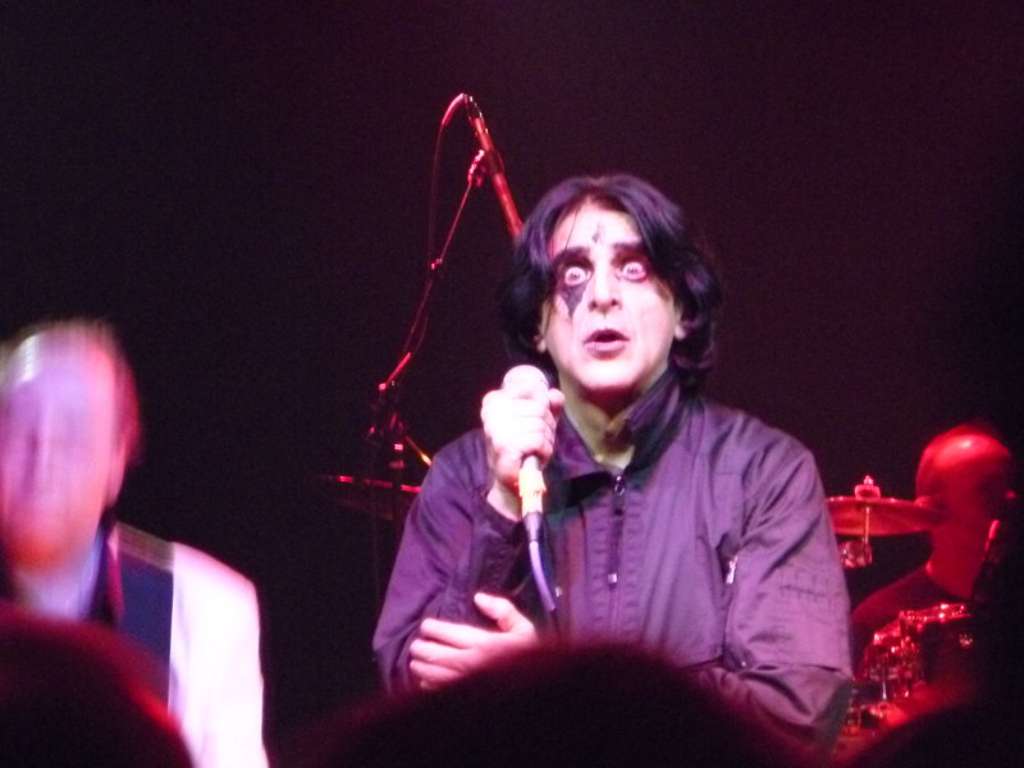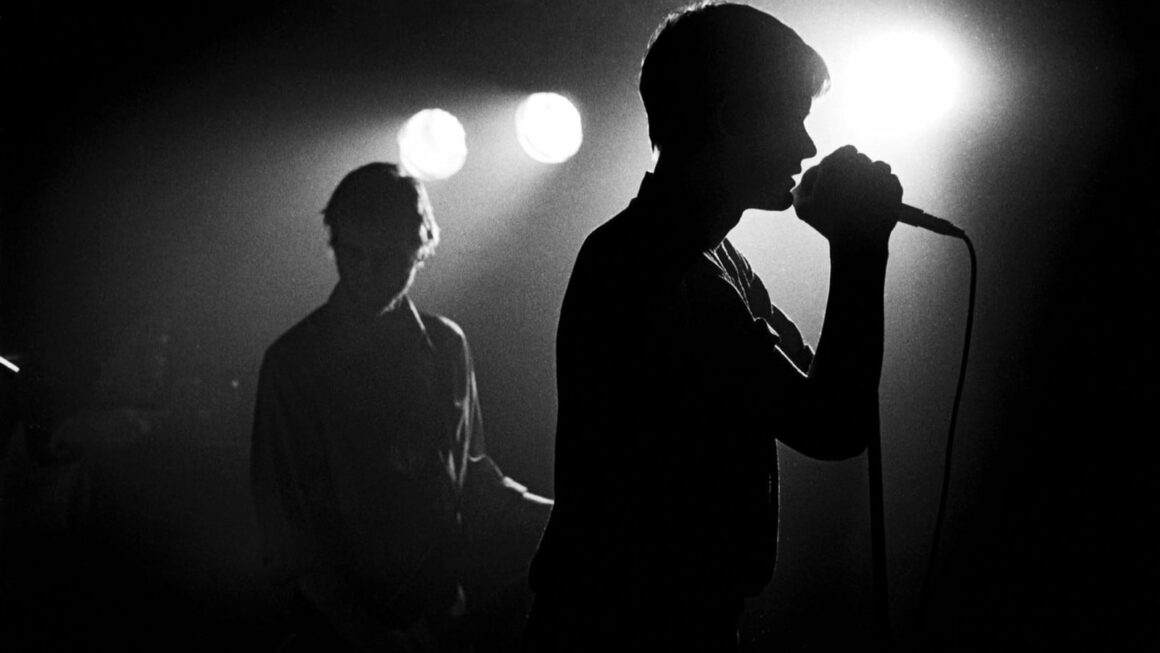
Revisiting Killing Joke’s “Eighties”
Behind the song that perfectly captured the mood of a decade.
What is it like when, as an artist, a song gains fame after it makes the headlines due to a plagiarism case? With the rise of the grunge movement, Killing Joke’s “Eighties” became known as the song which had a similar sounding riff to Nirvana’s ”Come as You Are”. In fact, it’s not just ”Come as You Are” to which ”Eighties” sounds similar. ”Life Goes On” by The Damned and ”22 Faces” by Garden of Delight also share almost imperceptible differences in their guitar riff. Prior comparisons have also been drawn back to the 1969’ single ”Baby Come Back” by The Equals.
Not two but four songs sharing the same riff does beg a few questions. With his genuine love for underground music, was Kurt Cobain a plagiarist, or did any similarity come from a place of respect? Killing Joke’s frontman Jaz Coleman definitely noticed the shared qualities, and in 1992 Nirvana saw a lawsuit. Yet, despite these similarities, ”Eighties” became a distinctive track in itself and has actually a remarkable story to tell. It was originally based on an Edward Bulwer-Lytton book called The Coming Race. The book described a secret society living inside the centre of the earth orchestrating world affairs. This sort of scientific and geopolitical theme worked well to create a vaguely gothic sense of doom, fuelled by the threat of the cold war and the idea that perhaps the glory days of the west were over.
Yet regardless of how each band came up with the riff, where they picked it up from, or whether or not it was plagiarism, the specific rhythm and notes show a broad appeal. Although very personal, there is a striking sense of momentum about it – and it’s relatively easy and obvious to pick out on a guitar or even on a keyboard. Whether Killing Joke themselves plagiarised was an open question. ”Eighties” was released in 1984, two years after the release of The Damned’s ”Life Goes On”. It was inevitable that there was at least some level of subconscious musical interchange within the punk, goth, and new wave scene. However, The Damned never pressed charges like Killing Joke did to Nirvana.
“I’m in love with the coming race.”
Jaz Coleman
On the surface, it isn’t easy to tell what the lyrics of the song are about. The music video features lead singer Jaz Coleman in a lavishly dressed series of shots. The lyrics could, in tandem with the video, be about the excess and haste with which the decade proceeded. However, the clue lies in one particular line, namely “I’m in love with the coming race”, a reference to the aforementioned Bulwer-Lytton novel. In this context, the song compares the technological advancements of the changing society in which the band lives, and the changing music industry, which was shedding outdated modes of music expression and moving into the age of synthesis and digital music. In comparison with the sense of prophecy and foreboding in the Bulwer-Lytton novel, the listener begins to question whether these changes are a good thing or could mean something more sinister.
The video itself goes well with the title. It is a snapshot of the times, a series of vignettes that add more weight to the lyrics than they have alone. Some of the imagery is slightly absurdist, including a dog wedding for example. However, this further sums up the sense of momentum and the public mood as pop culture went haywire and global politics exploded. The repetitive lyrics of “Eighties, I’m living in” and the deciding line “I have to push, pull, struggle”, further sum up the uphill battle facing the common man, and turmoil within the era.
“Eighties” by Killing Joke may be famous just for its riff, but the fact that so many tracks sound similar proves that its genius lies both in the riff but also in the additional elements. These are the ones that make it recognisable as a Killing Joke song and no other artist. There is the devil-may-care attitude within the lyrics, the absurdity of the video, and the way it sits halfway between goth and punk without veering into glam. All in all, it stands up as a punchy track that really captures the mood of the moment.









